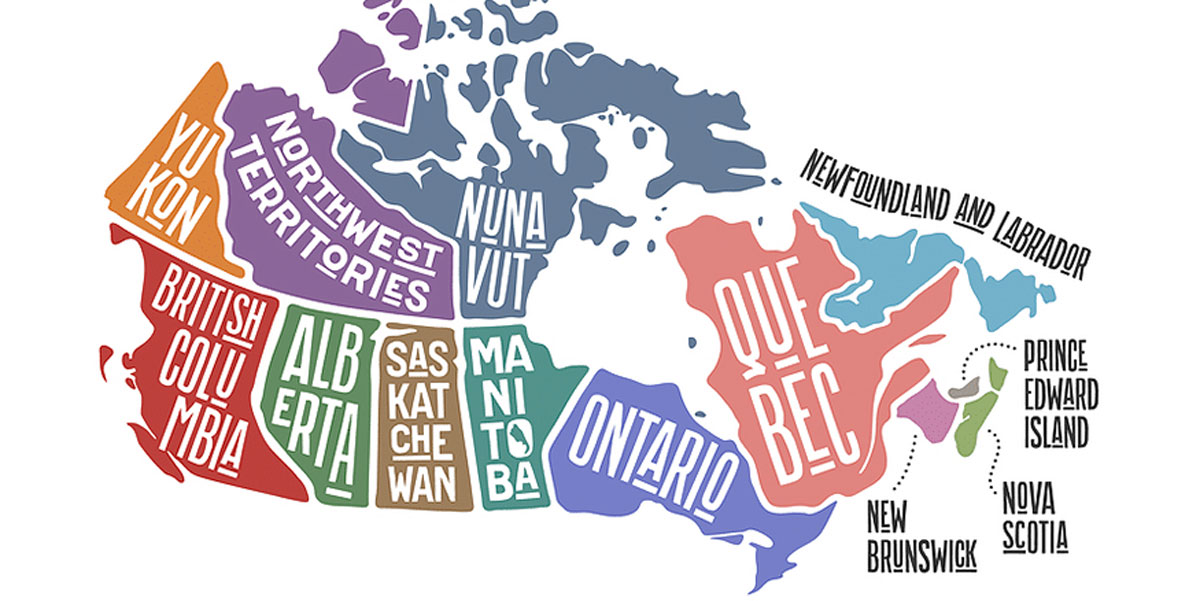
Almost all of Canada’s ten provinces and three territories can nominate skilled worker candidates for admission to Canada with the specific skills required by their local economies. Successful candidates who receive a provincial or territorial nomination can then apply for Canadian permanent residence through federal immigration authorities. This is an important component of all provincial programs.
Under some provincial programs, candidates are nominated by a prospective employer and, once approved by the province, are subject to an expedited process. In the initial stages, applicants can receive temporary, renewable work permits to enter Canada while they are being processed for permanent residence.
The Federal Government of Canada is responsible for issuing immigrant visas (permanent residence) to applicants. The Federal has several well known schemes for aspiring immigrants to apply and immigrate to Canada.
However, most provinces and territories have agreements with the government allowing them to select a number of immigrants depending on their regional requirements and needs. Hence the term ‘Provincial Nominee Program (PNP)’ meaning the Province selects the immigrants and nominates them. The Federal government then issues the selected immigrants their Permanent Residence visas after the immigrants satisfactorily clear their medical examinations and their police/security clearance is acceptable.
Most of these PNPs are designed to attract people with degrees, diplomas & trades qualifications to fill shortages. Often, such PNP applicants need a prospective employer in the that province or territory who is willing to support their application.
All PNPs also have their own business immigration programs designed to attract people with business backgrounds and sufficient capital to invest.
At present, processing under PNP is faster than any Federal immigration program and often seen as a more flexible route into permanently settling into Canada.
This website only provides an overview of the different programs available across Canada. For further legal advice and guidance, please contact us to learn more.